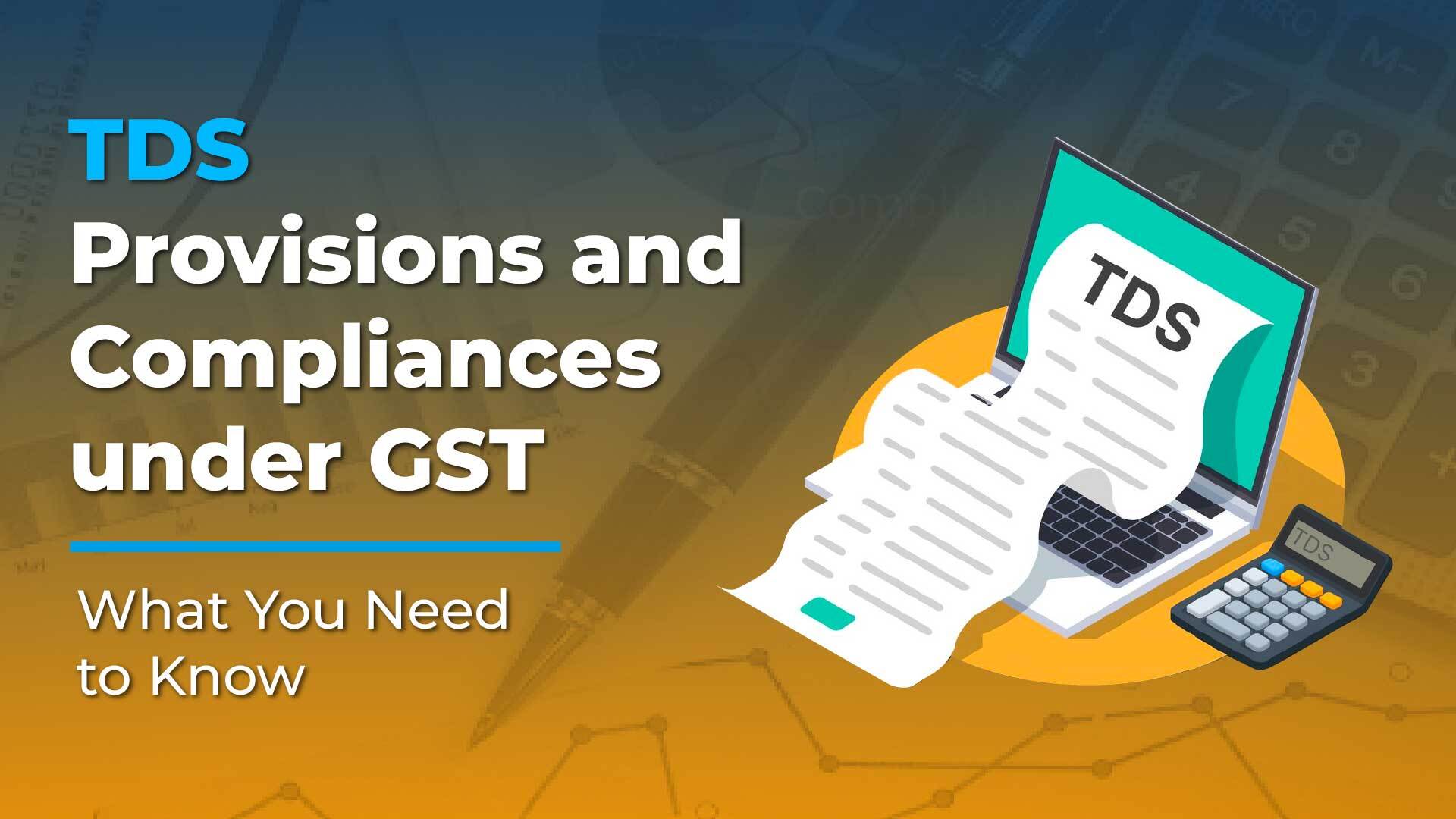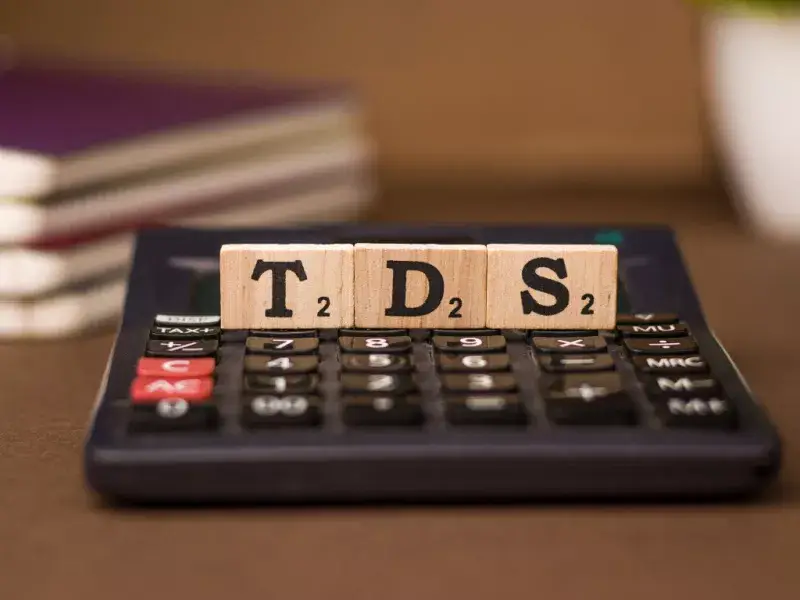
Tax regulations can be complex, making it difficult for businesses and organizations to navigate them. Among these regulations, the provisions for Tax Deduction at Source (TDS) under the Goods and Services Tax (GST) are particularly significant. Understanding these provisions is essential for ensuring GST Compliance and avoiding penalties. This guide explores the critical aspects of TDS provisions under GST, providing a comprehensive overview to help you stay informed and compliant.
Understanding TDS Provisions under GST
The Government has released Notification No. 33/2017-Central Tax on 15.09.2017, which pertains to Section 51 of the CGST Act, 2017, concerning Tax Deduction at Source (TDS). This notification specifies the implementation of TDS provisions for transactions involving the supply of goods and services, with an effective start date of 18.09.2017.
Key Entities Liable for TDS under GST
Eligible Entities
The TDS provisions apply to specific entities, which include:
- Departments or establishments of the Central or State Government
- Local authorities
- Authorities or boards established by an Act of Parliament or State Legislature or by any Government with 51% or more equity and control
- Societies established by the Central or State Government under the Societies Registration Act, 1860
- Public Sector Undertakings (PSUs)
It is essential to note that transactions between private companies or organizations are not liable to TDS provisions under GST.

Transactions Covered under TDS Provisions
Nature of Transactions
TDS is applicable on the supply of goods or services provided to the aforementioned entities under specific conditions:
- Intra-State Supply: If the location of the supplier, place of supply, and location of the recipient are in the same state, TDS (CGST 1% + SGST 1%) will be deducted.
- Inter-State Supply: If the location of the supplier and the place of supply are in different states, TDS (IGST 2%) will be deducted.
- TDS is not deducted if the supplier and place of supply are in one state and the recipient is in another state.
For deducted TDS, the supplier (deductee) receives credit in their electronic cash ledger, visible in Part C of Form GSTR-2A, post-filing of return in Form GSTR-7 by the deductor.
Key Provisions of TDS Compliance
Important Provisions
- 1. Threshold Limit: TDS is deducted if the total contract value exceeds Rs. 2.50 lakhs, even if individual supplies are less.
- 2. Rates of Deduction:
- CGST: 1%
- SGST: 1%
- Total: 2%
- 3. Value Exclusion: TDS is deducted excluding CGST, SGST, IGST, or Cess.
- 4. Payment Timeline: TDS must be paid to the government within 10 days from the month’s end in which it was deducted.
- 5. Refund Provisions: Excess or erroneous deductions are eligible for refunds as per CGST Act provisions, but no refund is granted if credited to the deductee’s ledger.
Procedural Requirements for TDS Compliance
Steps for Compliance
- 1. Registration: Entities liable to deduct TDS must register using Form GST REG-07. They can register without a PAN, using their TAN issued under the Income Tax Act.
- 2. Return Filing: Deductors must file returns in Form GSTR-7.
- 3. TDS Certificate: A TDS certificate (Form GSTR-7A) must be issued within 5 days of crediting the amount to the government. The certificate includes:
- Contract Value
- Rate of Deduction
- Amount Deducted
- Amount Paid to Government
- Other prescribed particulars
- 4. Penalties: Failure to issue certificates timely incurs a late fee of Rs. 200 per day, up to Rs. 10,000. The same penalty applies for late filing of TDS returns.
Conclusion
Understanding and complying with TDS provisions under GST is crucial for eligible entities to avoid penalties and ensure smooth financial transactions. The outlined procedures and provisions help streamline the deduction and filing processes, ensuring compliance with GST regulations.
For detailed professional assistance and more information, you can visit the N J Jain & Associates website.
Formulated by:
N J Jain & Associates Chartered Accountants
Key Contacts:
- CA Nitesh Jain, Managing Partner
- CA Gaurav Khetan, Partner
- CA Praveen Maheshwari, Partner
- CA Jay Dalwadi, Partner
Disclaimer: The above content is for informational purposes and should be verified for accuracy and compliance with the latest legal provisions.

